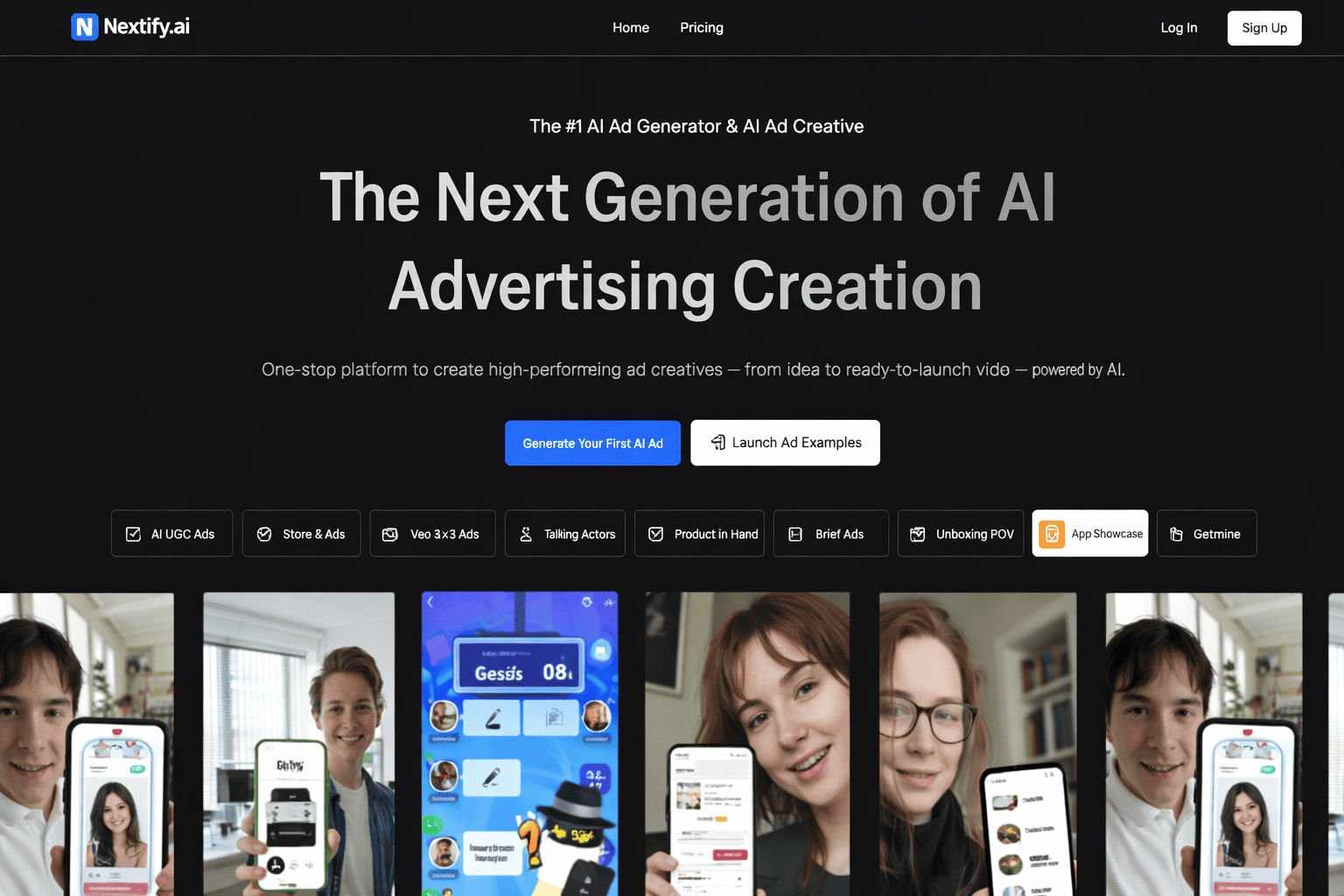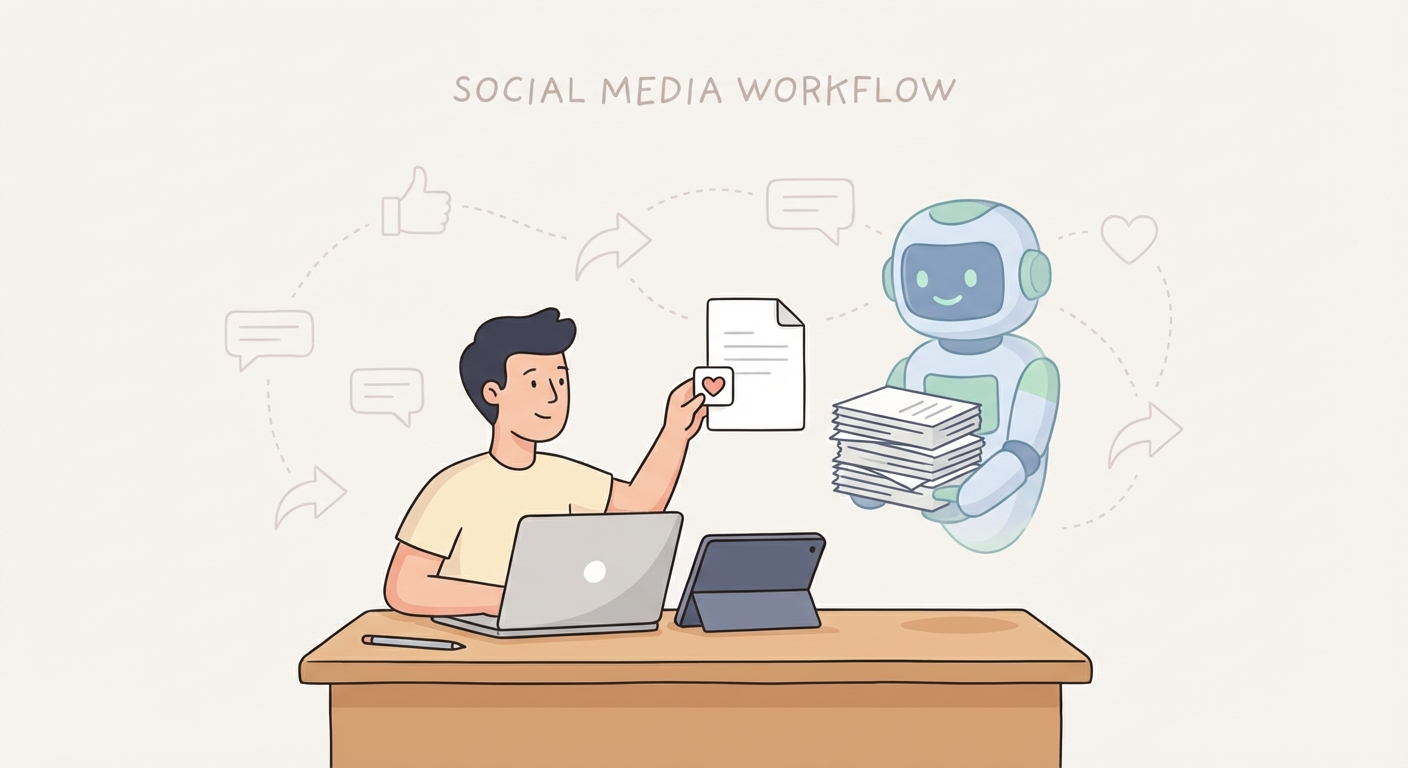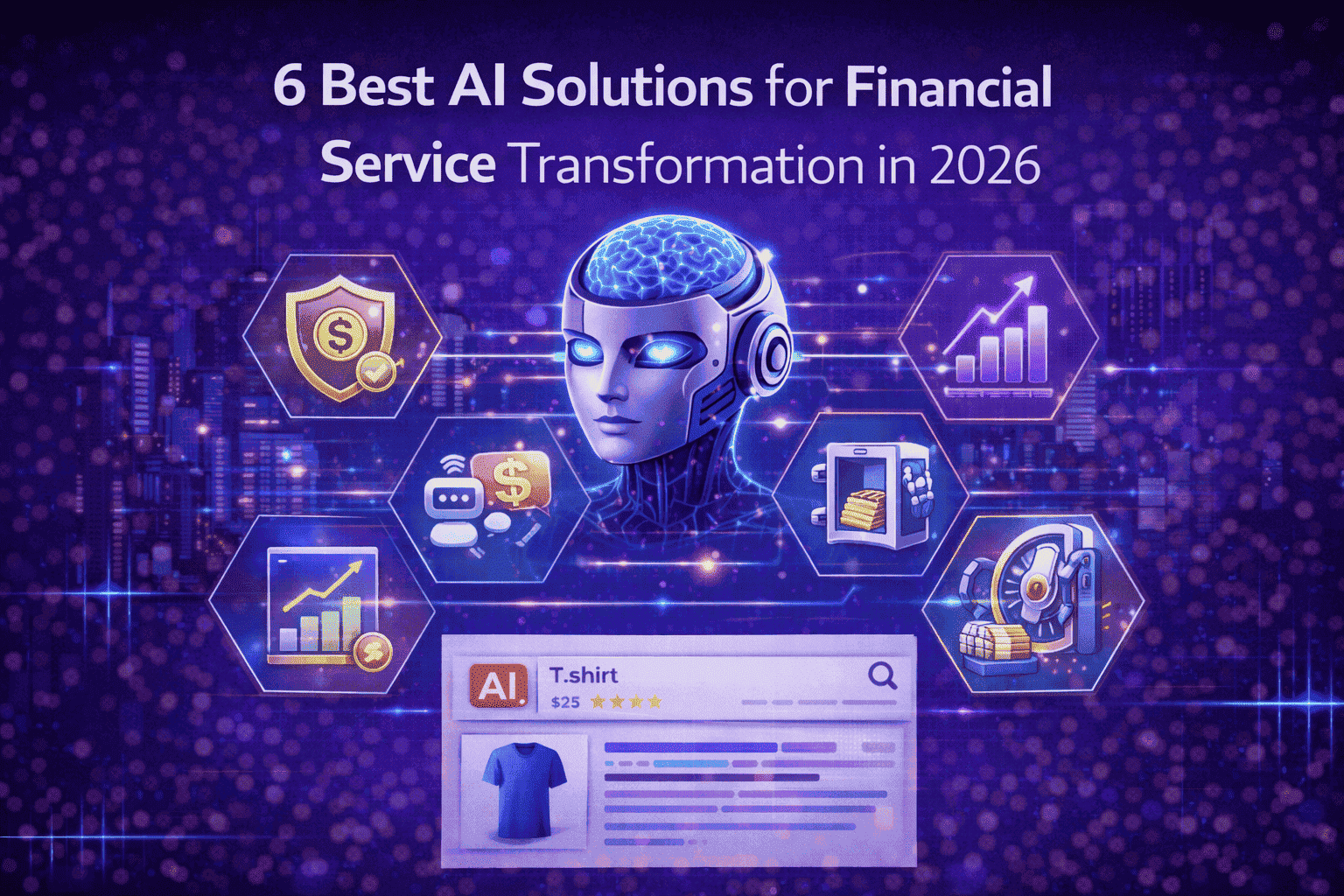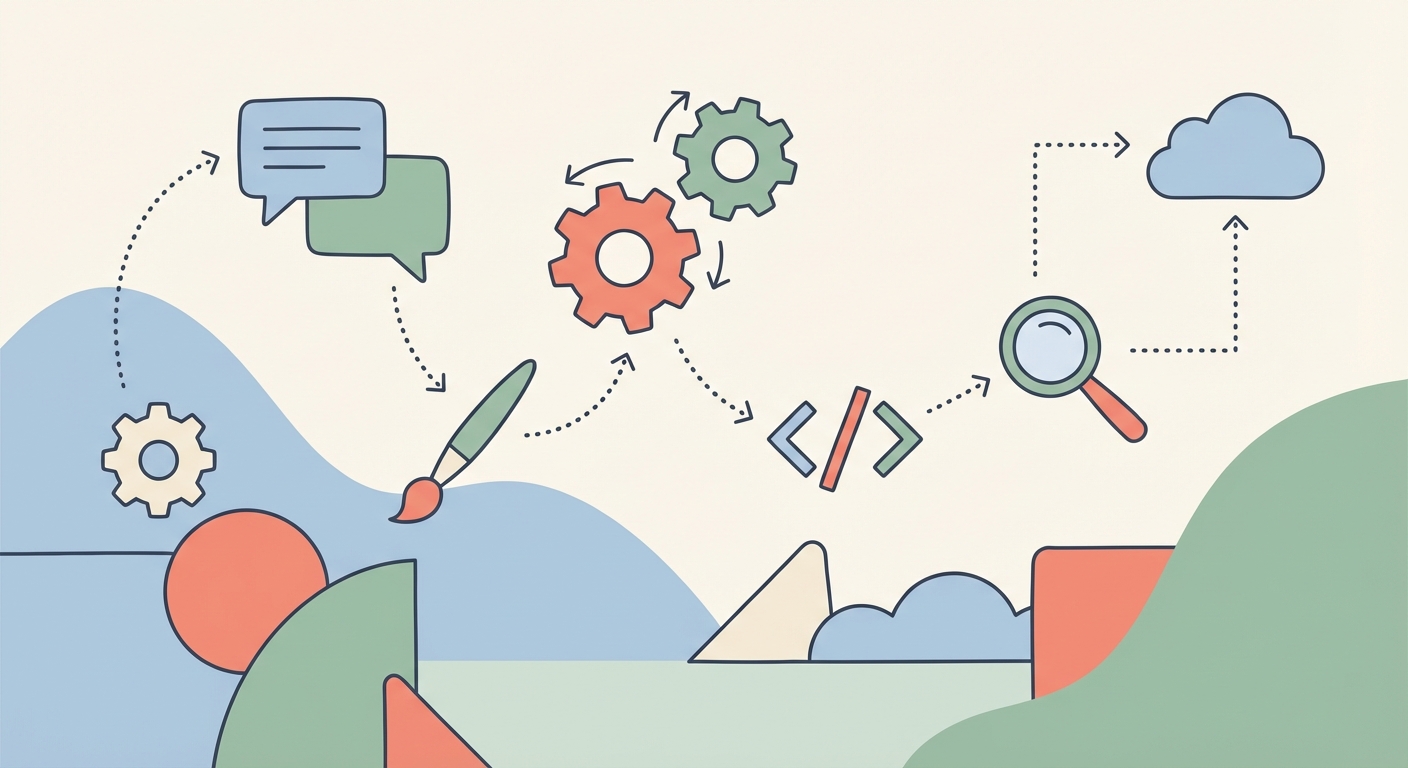The Future of Teaching with Artificial Intelligence
TL;DR
- This article explores how AI is changing education, covering personalized learning, ai tools, and the evolving role of teachers. It also addresses the ethical considerations, challenges, and opportunities ai presents, offering insights for educators, policymakers, and anyone interested in the intersection of tech and education.
The Rise of AI in Education: An Overview
Let's dive into how AI is making its mark on education. This overview will explore the growing integration of AI in education, examining its applications, the evolving role of educators, ethical considerations, and future potential.
- AI is becoming a real thing in classrooms, not just some sci-fi dream.
- We're seeing more and more ai tools used in all sorts of ways for teaching and learning.
- And, it's like everything's heading toward custom-made learning plans thanks to ai.
Educators are looking for tech solutions that are safe, reliable, and accessible across different settings. They're trying out ai tools for all kinds of stuff. It looks like ai can really help students with disabilities, folks learning new languages, and create learning experiences tailored specifically for them. unesco is also looking into ai's role in education.
It's not just about robots taking over – it's about making learning better for everyone.
AI-Powered Tools Transforming the Classroom
So, AI's not just some sci-fi thing anymore, it's changing how we teach. The cool part is, it can make learning feel like it's made just for you. But, how does this actually look in the real world?
- Intelligent Tutoring Systems (its) are like having a personal tutor that never gets tired. These adaptive learning platforms give you feedback and adjust to how you learn, contributing to custom plans.
- Automated grading frees up teachers' time, so they can focus more on helping students. But, we gotta make sure these systems are fair.
AI can help educators create materials that really speaks to each student. It's not just about robots taking over, it's about making education way more effective and personal.
The Evolving Role of Teachers in an AI-Driven World
Okay, so how do we keep teachers in the loop as AI gets more involved? It's not just about using the newest tech--it's more complex than that.
- Teachers will shift to facilitators, guiding students through ai-driven learning. This means focusing on critical thinking, problem-solving, and socio-emotional development.
- Teachers need ai literacy to integrate tools effectively. This involves understanding AI capabilities, limitations, and ethical implications.
- Professional development helps teachers make informed tech decisions.
It's about helping teachers adapt, not replacing them.
Addressing the Challenges and Ethical Considerations
Okay, so ethical considerations? It's not just about cool tech; it's about doing right by students. You know, making sure ai isn't just another way to mess things up.
- Data privacy is HUGE. It is all about keeping student data safe and not selling it to the highest bidder. Schools need to implement robust data protection measures, including anonymization and obtaining consent, in line with regulatory frameworks.
- Bias in algorithms is another biggie. We gotta watch out for ai giving some students better opportunities than others because of flawed programming. This bias can manifest in assessment or content recommendation, and requires technical and societal efforts to mitigate.
- The digital divide? Still a thing. Not every kid has access to the same tech, so ai could make that gap even bigger.
Next up, let's talk about making sure ai is actually helping all students.
The Future Landscape: Opportunities and Predictions
Okay, wrapping things up! It's kinda mind-blowing to think about where ai in education is heading, isn't it?
- Personalized learning could become supercharged, adapting to each student's unique needs, which is pretty cool. Imagine a world where no student is left behind. For instance, AI can offer personalized learning paths for students with disabilities, provide real-time translation and pronunciation feedback for language learners, and generate adaptive content based on individual learning styles and paces.
- Curriculum development could get an ai boost, making learning materials way more engaging and relevant.
- Access to education could widen, reaching underserved communities and remote areas.
It is about making education fairer and better for all. It’s not just about tech, but about people. Institutions like Yale Law School are actively shaping the ethical and legal frameworks surrounding AI.
It's a wild ride ahead, but I'm here for it.





